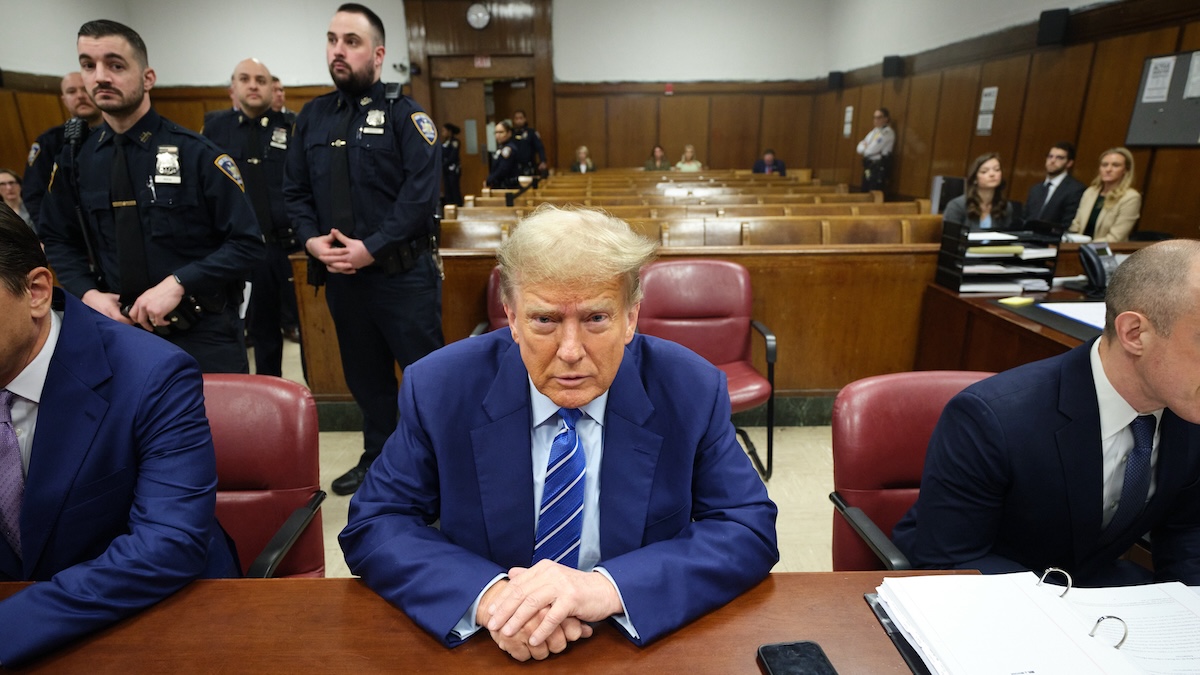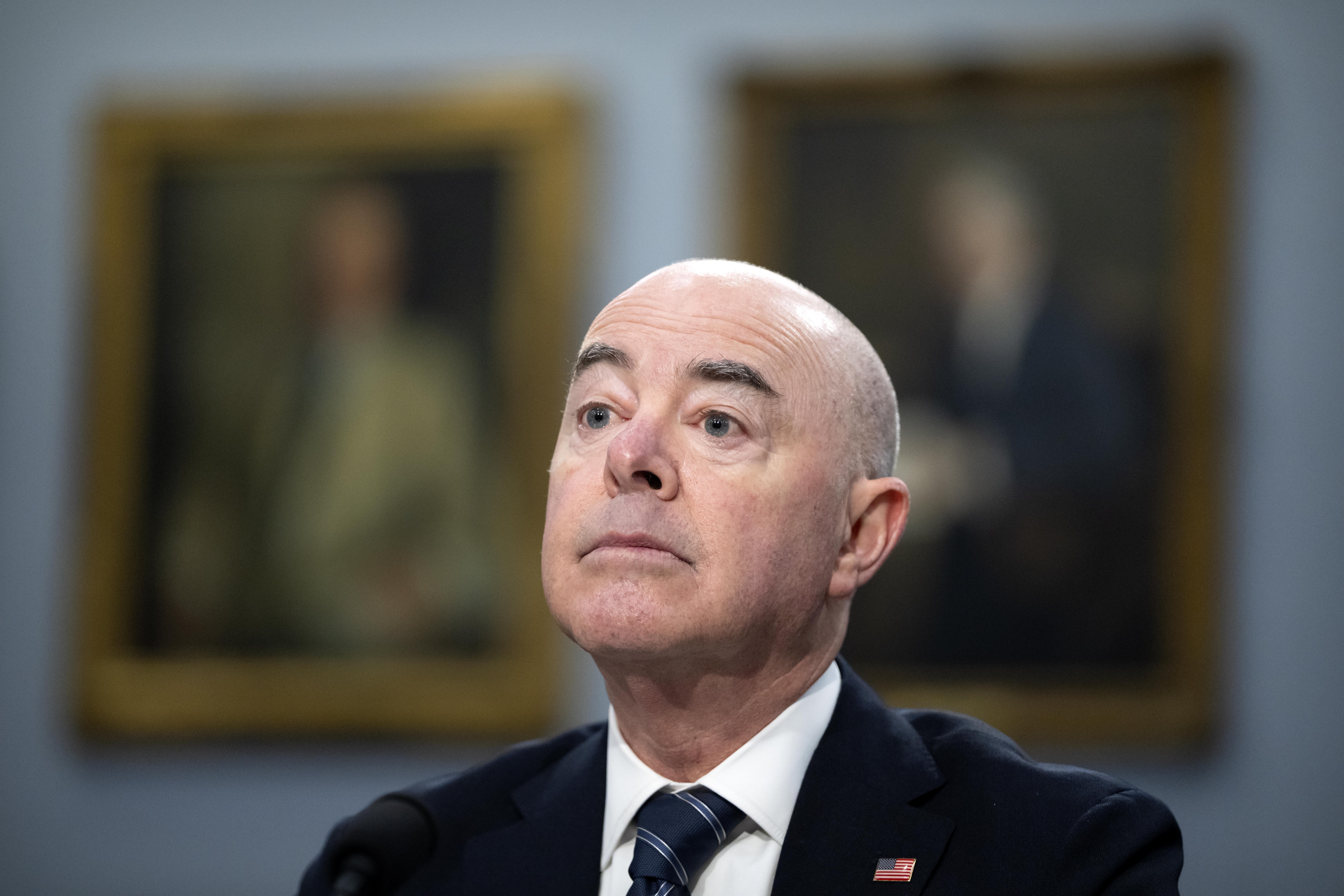Dan Rostenkowski was the most important congressman Chicago ever sent to Washington. But both his success and his downfall were the result of his upbringing in the Daley-run Chicago Machine.
There was never a truer political prince than Rostenkowski. As the son of a northwest-side alderman, Rostenkowski was elected to the General Assembly at age 24, and went to Congress six years later, with the blessing of Mayor Richard J. Daley. Rostenkowski was a loyal Daley-ite, reporting to the mayor’s office every Friday, and bringing home millions of dollars for such projects as the Deep Tunnel, the reconstruction of Navy Pier, and extending the Blue Line to O’Hare.
For most of his career, the broad-shouldered, jowly Rostenkowski was seen as a typical Chicago Machine hack and a Daley stooge. Mayor Daley, who had made him a congressman, also inadvertently stalled Rostenkowski’s political advancement for years. In 1968, when, under Daley's watch, the Democratic National Convention disintegrated into chaos, President Johnson called Rostenkowski and ordered him to take the gavel from the ineffectual Carl Albert. Rostenkowski did, but Albert never forgot that humiliation. Once Albert became Speaker of the House, he blocked Rostenkowski from advancing to the House leadership.
But in 1976, Daley died and Albert retired, allowing Rostenkowski to come into his own as a congressman. A few years later, O’Neill allowed him to choose between the job of House Majority Whip and the chairmanship of the Ways and Means Committee, which initiates all tax legislation. Rostenkowski wanted to be seen as something more than an arm-twisting Chicago pol, so he took Ways and Means. It made him a celebrity. During a televised response to a speech by President Reagan, he asked viewers to “Write Rosty” with their thoughts about making the tax system fairer to middle-class Americans.
That led to the passage of the Tax Reform Act of 1986, the most significant overhaul of the tax system since the beginning of the income tax in 1913. Corporations were required to pay more; individuals paid less.
Rostenkowski, who lived all his life in a house built by his grandfather, never forgot where he came from. That turned out to be a problem. In the early 1990s, Rostenkowski was accused of enriching himself with such schemes as using campaign funds to rent an office from himself -- an office that was no more than a mail drop. He used the House Post Office to trade stamps for cash. He employed ghost payrollers. That was how things were done in Chicago, he explained to an interviewer. Rostenkowski’s supporters, including former President Gerald Ford, saw him as a victim of changing political mores.
Not even Chicago voters bought that. In 1994, Rostenkowski was defeated by an unknown plugger named Michael Patrick Flanagan. That year, the Republicans won the House for the first time in 40 years, in part by using Rostenkowski as a symbol of Democratic arrogance. Unfortunately, Rostenkowski’s defeat opened the door for the election of Rod Blagojevich.
Politics
“They didn’t vote for him,” Rostenkowski growled of Flanagan. “They voted against me.”
It was true. After one term, Flanagan lost to Blagojevich, whom Rostenkowski would probably not have chosen as his successor. Rostenkowski ended up doing time in a federal prison. Today, Rostenkowski’s Northwest Side machine has disappeared. The 32nd Ward, which he ran as committeeman for many years, is now one of the most independent in the city, represented by Scott Waguespack and John Fritchey. Poles have almost disappeared from Chicago politics.
People like to say that Dan Rostenkowski represented a different era in Chicago. Would that he did. He just represented a different style. We still have crooked politicians here, but they don’t eat steak five nights a week, vacation in Wisconsin and speak in thick Chicagoese. Now the machine is run by a different Daley, and the criminal pols jog and wear expensive hand-tailored suits.



